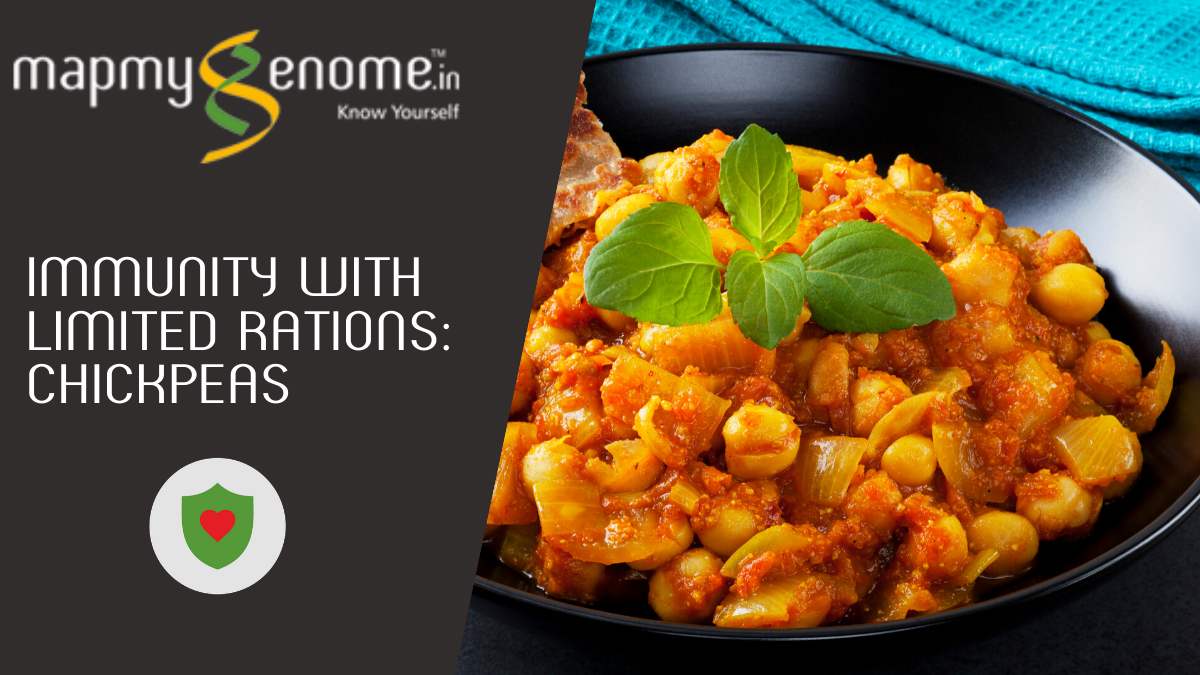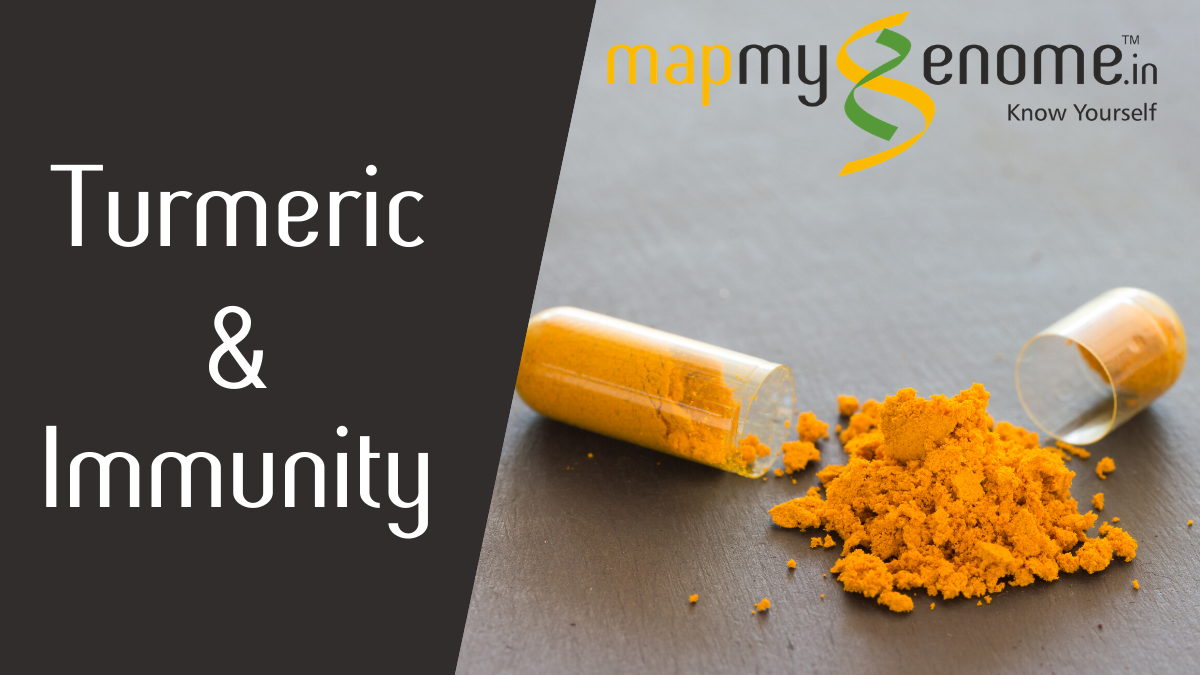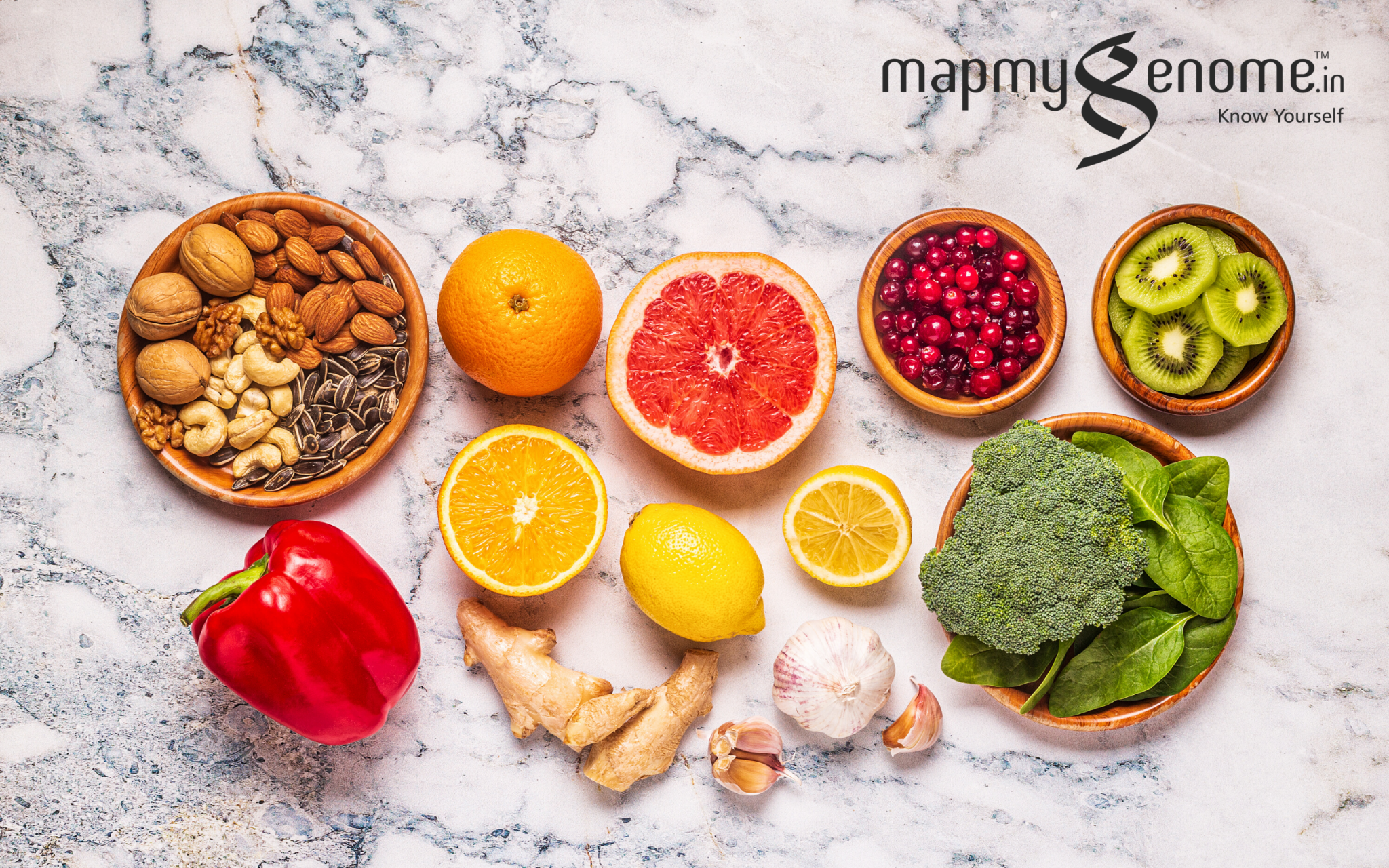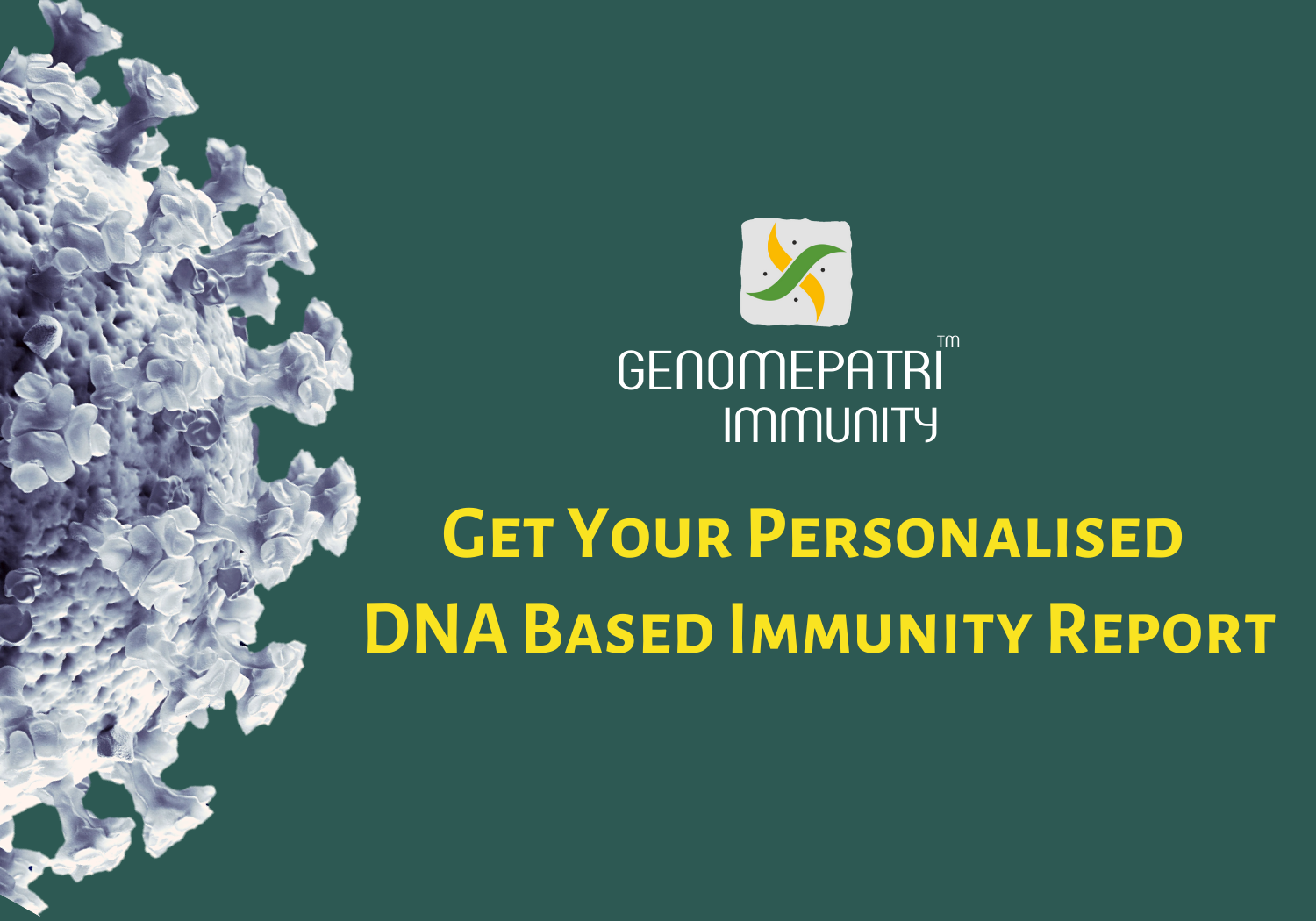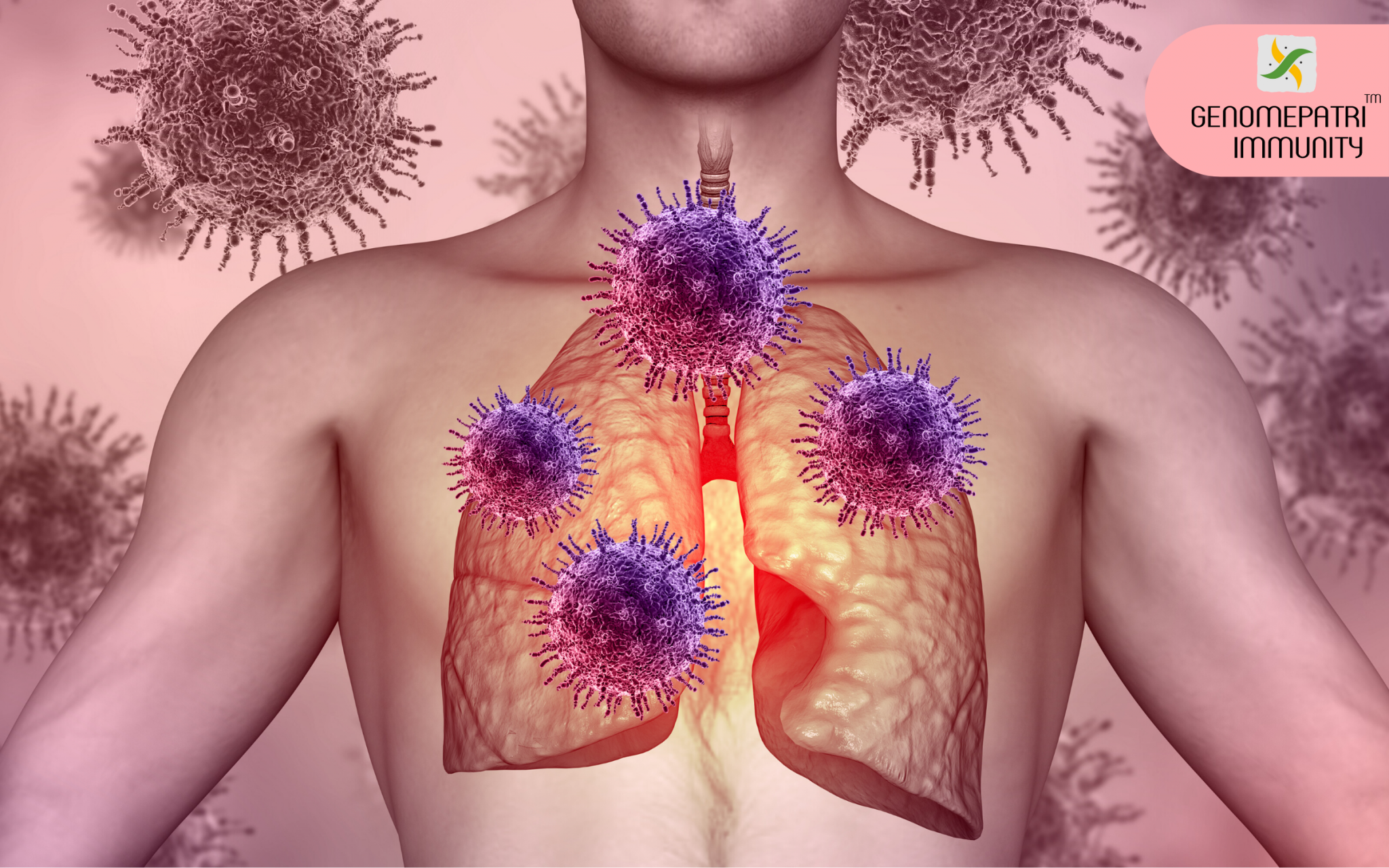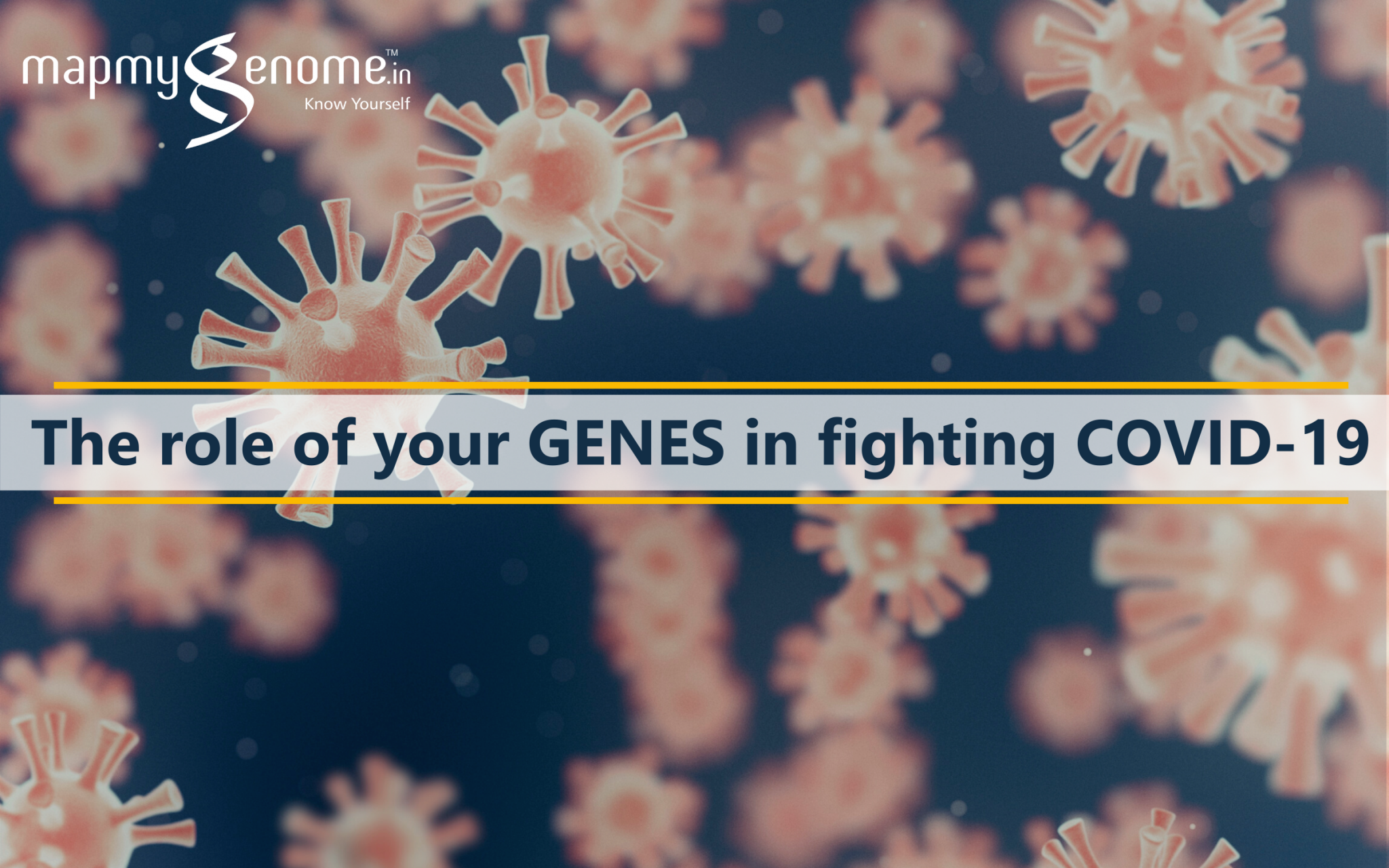
Who is at risk for COVID-19?
Medical experts and agencies such as the CDC have stated that people with chronic heart disease, lung disease, liver disease or asthma and also, people who are at higher risk for these conditions are at higher risk for severe illness from COVID 19. During a pandemic, it is vital to identify those at-risk and control the spread of infection. Knowledge about risk factors can help us in times like these, with better prevention and management.
According to the CDC, the following might be at higher risk for severe COVID 19 outcomes:
- Older adults
- People with moderate to severe asthma
- People who have serious heart conditions
- People who are immunocompromised
- People with severe obesity
- People with diabetes
- People with chronic kidney disease
- People with liver disease
- People with HIV or AIDS
- People with certain types of disabilities are at higher risk
- Pregnant women
According to CCDC, 10.5% of the deceased COVID 19 cases were already suffering from cardiovascular disease, 7.3% for diabetes, 6.3% for chronic respiratory disease, 6.0% for hypertension and 5.6% for cancer.
According to a trusted source, in India, as of 16th April 2020, approximately 32% (of 428 deaths) are above the age of 50, about 6% are aged between 30 and 40 years and less than 1% people are less than 30 years old.
Also Read: The Immune system warriors: GAMED antibodies
What is coronavirus and how does it spread ?
SARS-CoV-2 or severe acute respiratory syndrome coronavirus 2 belongs to the coronaviridae family. Coronaviruses are enveloped viruses with a positive-sense, single-stranded RNA genome. The structure of SARS-CoV-2 consists of a spike protein which is a typical target for neutralizing with antibodies and vaccines. It has been reported that SARS-CoV-2 can infect the human respiratory epithelial cells 100-1000 times more than previous coronavirus strains and does so by interacting with human ACE2 receptors.
Coronavirus starts infecting the cells lining your throat, airways and lungs and turns them into coronavirus factories which emits a huge number of new viruses that go on to infect yet more cells. This disease progresses and can cause pneumonia and also can lead to multi-organ failure which is what happens in most of the fatal cases.
Genetics, among other factors, can increase risk for infection
Every individual has 99.9% the same DNA makeup and 0.1% makes us unique and different. Nucleic acid bases (Nucleotides) are the building blocks of the DNA. This 0.1% variation in our DNA sequence is called Single Nucleotide Polymorphisms (SNPs). SNPs are the most common type of variations in people’s DNA – they are single letter changes which could affect wellness, fitness, immunity and more. For example, an SNP may replace the nucleotide cytosine (C) with the nucleotide thymine (T) in a certain stretch of DNA.
Read: 10 ways to defend yourself from Covid19
What is the relation between single nucleotide polymorphism and risk for disease?
It is important to remember that genes and environment cumulatively determine your health outcomes.
A test like Genomepatri screens several lakhs of variants in your genome, and gives you a personalized report for 100 different health conditions. This helps you understand your risk for different conditions, identify genetic strengths, choose the right lifestyle and maintain good health, for life.

Let us understand this with a real example – Hypertension
Blood pressure is the force exerted by blood against the walls of the blood vessels. Hypertension is defined as chronically high blood pressure that is persistently at or above 140/90 mmHg. This can cause significant damage to the blood vessels and other organs of the body.
The genetics behind Hypertension
The FGF5 (fibroblast growth factor 5) gene has a major role in the production, differentiation and repair of cells. It also plays a role in angiogenesis (formation of new blood vessels) and cardiac function. The CSK (tyrosine kinase) gene plays a role in the development of blood vessels and mediates proto-oncogene expression, which affects blood pressure levels. Genetic variants in and near these genes increases risk for hypertension.
“So, you are saying that, if I have certain variations I will get affected / I will get the disease?”
Nope!! Hypertension, like many lifestyle conditions, is multifactorial. Your environment plays a crucial role in whether you will be affected or not. If you control the excess intake of dietary salt/sodium, avoid smoking, maintain a healthy weight, avoid excess alcohol consumption and high stress levels, you may not get affected with hypertension.
“So, you are saying that, if I don’t have those certain variations, I will never get affected?”
That’s not entirely true, either. An unhealthy lifestyle could trigger early symptoms even if you do not have a high genetic risk. Risk factors like high salt intake, smoking etc., could cause hypertension.
Your genes can affect the severity of COVID 19
We have already discussed that 0.1% variation in DNA makes us unique and different. This uniqueness makes us more susceptible to different diseases, bacteria and viruses which includes coronavirus as well. Let’s understand this with few conditions:-
Cytokine storm:
When a pathogen like coronavirus enters the body our immune cells release proteins molecules for signalling called cytokines. But this virus is creating a cytokine storm. “The virus is triggering an imbalance in the immune response, there’s too much inflammation, how it is doing this we don’t know,” said Dr Nathalie MacDermott, from King’s College London.
Read: Cytokine storm syndrome worsens COVID-19 outcomes
An immune reaction storm or a ‘cytokine storm’ is basically a severe immune reaction that can worsen outcomes (in some cases, cause fatality) in patients who are infected with certain strains of the virus. Variations in genes of the immune system (such as the interleukin family, tumour necrosis factor, etc) increase the likelihood of cytokine storm and thereby, worsen outcomes and recovery rates in patients.
COVID-19 severity (ACE2)
As mentioned earlier the spike protein in the structure of coronavirus binds to the ACE2 receptors on human cells, having ACE2 gene variants could potentially increase the risk of cardiovascular complications (eg., hypertension, heart disease) and diabetes. According to the CDC, COVID-19 outcomes are more severe (in some cases, fatal) in patients with existing health risks such as cardiovascular complications.
Your genes can affect SARS-CoV susceptibility
Genetic factors play a very important role in SARS-CoV pathogenesis and many genes (such as MBL, OAS1, IL1A, and IL18) have been tested for their association with the infection. Individuals with a polymorphism in these genes could have increased susceptibility for coronavirus infection.
MapMyGenome has created GenomepatriTM Immunity – a report which covers important conditions that affect your immunity, including risk for severe COVID-19 infection. It also includes some drugs which are currently used in COVID-19 patients. The US FDA recommends genetic screening prior to using these drugs, due to their severe adverse effects. GenomepatriTM Immunity also analyzes your profile for vitamins and minerals which boost your immunity.

Although this report will help you to understand your genetic risk and immune response, it is vital that you follow safe hygiene practices and social distancing for reducing your overall risk. Stay home, stay safe!
Here’s to a happy & healthy quarantine!
The COVID Series
- The COVID Series of Blogs
- The Pandemic of our times
- 10 ways to defend yourself from COVID
- The Science behind COVID for the Avid Reader
- To test or not to test, Is that a question?
- How to scale COVID Testing in India
- Risk and Immunity Report on COVID by Mapmygenome
- The Immune System warriors: GAMED antibodies
- Test Ok Please?
- COVID: Basics of Drugs and Vaccines in progress

